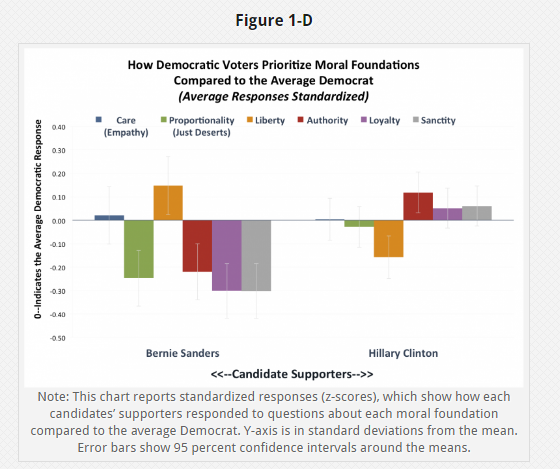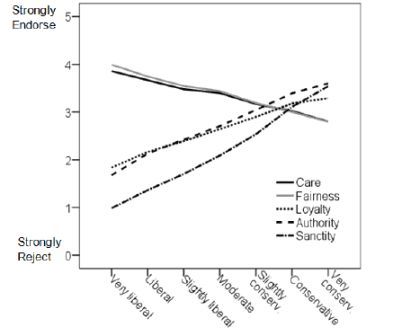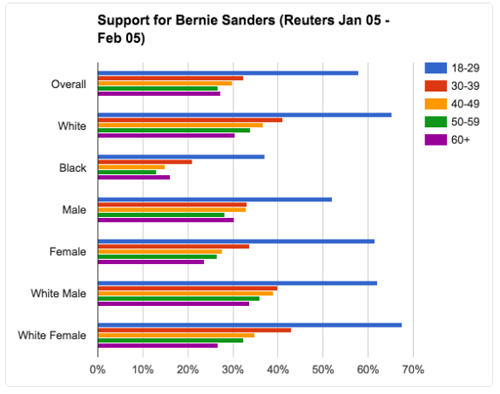This has been the week that Russian hacking finally was mostly taken seriously. If you missed the New York Times’s long expose on how our political system was hacked, please take the time to read it. Since that piece was published, unnamed senior intelligence officials told NBC and ABC that Vladimir Putin was personally involved, and that Putin did intend to tilt the election to Trump.
Lots of people continue to believe this news is just propaganda, and not all of those people are Trump supporters. Some die-hards on the Left are certain the stories are being circulated by Clinton supporters trying to sway the Electoral College. But I think the hacking stories need to be taken seriously.
Because I think the Russian hacking issue needs to be taken seriously, I think it needs to be separated from the issue of whether Trump legitimately won the election. As long as it’s about the election, partisans will continue to fight over what’s true and what isn’t based on how it reflects on their candidate.
People will be arguing until the end of time whether the hacking really made that much difference in the election. My opinion is that of all the things that soured Clinton’s campaign, the revelations from Wikileaks were very low on the list. The actual revelations may have been embarrassing to the people involved, but none seemed to me to be devastating. The worse of them merely reinforced what many of us already believed, that Clinton really was isolated from the bread-and-butter issues that mattered to most Americans and that the DNC had its thumb on the scale for her throughout the primaries. But those things were apparent without the leaks.
However, in the unlikely event the electors use the hacks as a reason to deny Trump the presidency, I’m not going to argue with them.
Even so, too many people are not moving on from the election, seems to me. Clinton supporters are still moaning all over social media that She Wuz Robbed and the election was rigged and Comey letter and hacking and fake news and it wasn’t fair, and probably the election was rigged and it’s all Bernie Sanders’s fault. In other words, they’re a lot like the Sanders supporters who still believe Sanders really won the primaries and Clinton somehow stole it from him.
I endorse what Josh Marshall says here:
Just to put my cards on the table, I believe there is a good likelihood, probably even a probability, that if the Russian subversion campaign had never happened and James Comey had never released his letter, Hillary Clinton would be prepping to become our new President. My own guess is that Comey’s letter had the bigger impact. These were both profoundly damaging events in the race and Clinton lost by very tight margins in most of the newly (hopefully temporarily) red states. I see little way to challenge this assertion.
But the tiny margins are only one side of the story. Let’s take Wisconsin. The final tally puts Trump ahead by .8%, or 22,748 votes. That’s a tiny margin. Any number of things could have shifted the balance. Spending the final week of the campaign talking about a new investigation of Clinton’s emails was more than enough to tip the balance. Spending not just a single trip but more concerted time in the state could have too. But now look at the shift from 2012. The shift in the direction of the GOP was 7.7%. That is a huge shift over four years. Huge. There’s no getting around that. If you step back from Wisconsin to the larger Upper Midwest region and indeed the United States you see something more fundamental. Donald Trump did what we all remember Barack Obama doing in 2008: He changed the shape of the electorate.
What all of this comes down to is that something very big happened in this election that was quite separate from Comey and Putin.
And if Clinton had squeaked out the Electoral College win, by now that very big something would have been completely brushed aside. The one silver lining to her loss is that maybe Democrats will be forced to confront their failures as a party. But many of them are still in denial that Clinton or the Democratic Party are in any way at fault.
Right now the Dems are dividing up into pro- and anti-Keith Ellison factions. Rep. Keith Ellison is campaigning to be the next DNC chair, and I endorse him wholeheartedly. I think he’s just the guy we need. But yesterday I heard someone who wants a centrist chair say that we have to be careful about moving too far Left and getting McGoverned.
After the debacle that was November 8, they’re still worried about being McGoverned? And not concerned about continuing to be Clintoned?  Unreal.
People are also still arguing about whether the Democrats need to win back working-class whites. Some still think that demographic trends will lead the Dems to glory some day without having to deal with working-class white voters. Someday minorities will be a majority, and younger voters tend to be more liberal, so Dems will rule. Some day. And then a guy actually said this:
“Demographically, the Electoral College is heading in the right direction†for Democrats, Dan Pfeiffer, a former adviser to Mr. Obama, said. What Mr. Trump pulled off, he added, “would be hard to replicate.â€
What would be hard to replicate is the fact that younger voters clearly wanted somebody else entirely to vote for, and The Establishment is still in denial about it. But let’s move on …
One of the smartest commentaries I’ve seen yet is by Matt Bai, who says — correctly, IMO — that Trump was made possible by the fact that hardly anyone trusts our civil institutions any more.
There was a time, not long ago, when it was possible to believe that no one would pay a very steep price for that cascade of failure during the Bush years, when just about every trusted institution in American life seemed to collapse of its own dereliction.
Disgraced pundits kept on pontificating. The CIA kept right on stonewalling — successfully — to keep its history of torture sealed off from public view. The parties in Washington kept on fighting like spoiled brats. The bankers kept on making money and loaning it out.
A decade passed, and American voters seemed to have settled into their cynicism, in the same way baseball fans still filled the stadiums after the steroid debacle and Catholic parishioners still lined the pews after coming to terms with chronic abuse.
No wonder we’ve become a post truth society. If the Bush years taught us anything, the “experts” on the teevee are all idiots, and “truth” can be whatever the guy with the biggest megaphone says it is. And he’s probably lying.
Trump had figured out that no one really believed the elite media anymore — the same media that said Iraq was an existential threat, that the banks had to be saved, that Obama would transform our dysfunctional politics. The same media that nightly featured a cavalcade of smug morons whose only qualification to opine on TV was an almost pathological shamelessness.
Who is the arbiter of truth these days? We have no Edward R. Murrow or Walter Cronkite. Frankly, we get better information from John Oliver than from the Network Evening News. So, why not pick whatever smug moron you want to believe and ignore the rest of them? Truth is whatever you want it to be.
Something big has happened in our civil life, and it is a lot bigger than James Comey or Vladimir Putin or pizzagate or emails. It is bigger than Clinton or Trump. It’s that our civil life has lost all cohesiveness. There appears to be nothing real there; it’s all smoke and mirrors. Facts don’t matter. History is fungible. Believe what you like.
Trump’s victory not replicable? Â Seriously?



